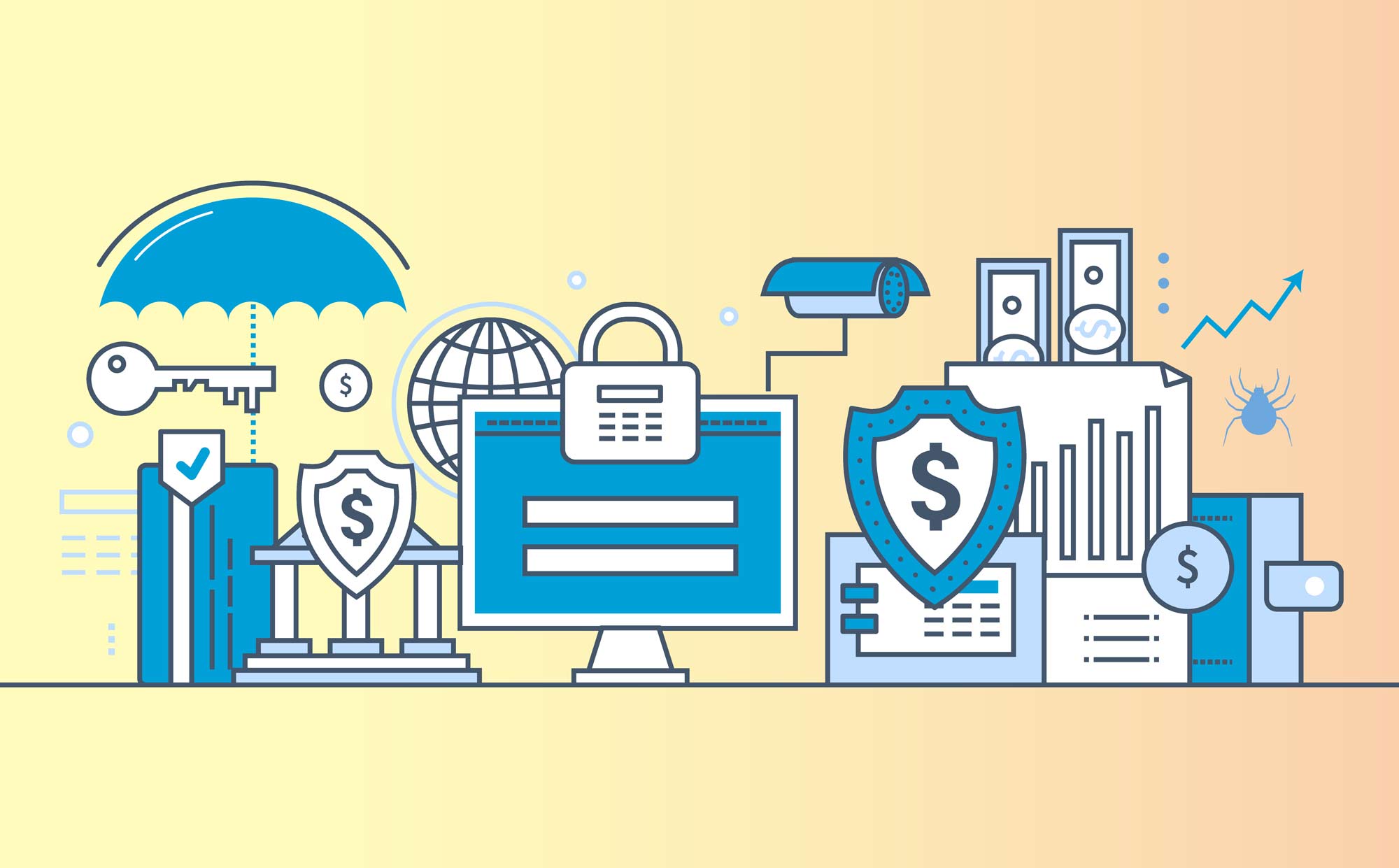4 Pieces of Personal Info You Need to Protect at All Costs
The severity of a data breach depends on what kind of personal information is revealed. Here's what you should, and shouldn't, worry about.
Here at Tom’s Guide our expert editors are committed to bringing you the best news, reviews and guides to help you stay informed and ahead of the curve!
You are now subscribed
Your newsletter sign-up was successful
Want to add more newsletters?

Daily (Mon-Sun)
Tom's Guide Daily
Sign up to get the latest updates on all of your favorite content! From cutting-edge tech news and the hottest streaming buzz to unbeatable deals on the best products and in-depth reviews, we’ve got you covered.

Weekly on Thursday
Tom's AI Guide
Be AI savvy with your weekly newsletter summing up all the biggest AI news you need to know. Plus, analysis from our AI editor and tips on how to use the latest AI tools!

Weekly on Friday
Tom's iGuide
Unlock the vast world of Apple news straight to your inbox. With coverage on everything from exciting product launches to essential software updates, this is your go-to source for the latest updates on all the best Apple content.

Weekly on Monday
Tom's Streaming Guide
Our weekly newsletter is expertly crafted to immerse you in the world of streaming. Stay updated on the latest releases and our top recommendations across your favorite streaming platforms.
Join the club
Get full access to premium articles, exclusive features and a growing list of member rewards.
The recent disclosure that personal information about 198 million U.S. voters had been left unprotected on the internet made plenty of headlines. At least one lawsuit against the company responsible has already been filed, and the incident serves as a warning to other "Big Data" collectors that they need to protect personal information more carefully.

But it could have been so much worse. The registered voters' names, addresses, party registration and voting history that were part of the database are public records in many states. Crucially, no Social Security numbers or financial-account information were included. Potentially the most sensitive type of information included was individual voters' birthdays.
So what kind of personal information matters in a data breach? What do you need to worry about, and what can you afford to make public?
The four pieces of information most useful to a criminal seeking to steal your identity are your full name, including your middle name if you have one; your current address; your date of birth; and your Social Security number (or Social Insurance Number in Canada). Let's go over how — and whether — to protect each one.
Name
The short form of your name — for example, "Will Smith" — is generally known to all your acquaintances, and many others. There's not much you can do about that, and you should feel safe giving out the short form of your name.
But how many people know your full legal name — e.g., Wilberforce Susquehanna Smith IV? That's what you need to open bank accounts, get a car loan or buy a house. It's probably also on your driver's license, marriage certificate and birth certificate, which are public records. But that doesn't mean you have to tell your full legal name to strangers or put it on your Facebook page.
MORE: Best Identity-Theft Protection Services
Get instant access to breaking news, the hottest reviews, great deals and helpful tips.
Full names are powerful. They let you tell one individual apart from another. That's why famous assassins such as Lee Harvey Oswald and James Earl Ray often seem to have three names: Authorities use their full legal names to distinguish the assassins from innocent people with similar names.
To protect your full legal name, don't tell people your middle name or your true first name if you use a nickname. Limit the number of people who know your full name to those who really do need to know it — and don't put a picture of your driver's license or passport online.
Address
An address is also a matter of public record. It's a bit harder to get a stranger's address these days now that people don't use phone books anymore, but a quick Google search will usually turn it up.
Your address is also printed on every piece of snail mail you receive — and throw out. You can try ripping the address label off recycled magazines and tearing up junk mail (I do), but overall, protecting your address may be futile. This cat, as they say, is out of the bag.
Date of birth
This is where it gets interesting. Like a full name, your date of birth is on your driver's license and passport, but you do NOT need to give it out. Who really needs to know it besides your family and close friends?
Don't make your date of birth public on Facebook. Don't even include the month or day, because anyone can guess your year of birth by checking the Facebook pages of your high-school friends. Go ahead and have a birthday party, but tell anyone who asks that your birthday was "a couple of weeks ago."
Social Security/Insurance number
This is the big megillah. You do NOT want to give your Social Security number or Social Insurance Number to anyone who doesn't need to know it. And that circle should be limited to your employer, your spouse and any company with which you have a financial account.
Your doctor's staffers, despite what they may insist, do not need to know your Social Security number. Give them your medical-insurance ID number instead and tell them to look up the regulations.
MORE: What to Do After a Data Breach
Don't carry your Social Security card or Social Insurance Number card in your purse or wallet. Memorize the number instead, and lock the card in a safe place.
If someone gets your Social Security number, and then gets your name, address and date of birth from public sources or from Facebook, they can do pretty much anything while posing as you — get a job, buy a house, get arrested, pay taxes, get your tax refunds. A Social Security number or Social Insurance Number is the golden key to identity theft.
This isn't to say that identity theft doesn't happen without a Social Security number. It does. But having your Social Security number or Social Insurance Number floating around just makes it so much easier.
Illustration: Shutterstock/Tom's Guide

Paul Wagenseil is a senior editor at Tom's Guide focused on security and privacy. He has also been a dishwasher, fry cook, long-haul driver, code monkey and video editor. He's been rooting around in the information-security space for more than 15 years at FoxNews.com, SecurityNewsDaily, TechNewsDaily and Tom's Guide, has presented talks at the ShmooCon, DerbyCon and BSides Las Vegas hacker conferences, shown up in random TV news spots and even moderated a panel discussion at the CEDIA home-technology conference. You can follow his rants on Twitter at @snd_wagenseil.
-
PeterKendrick We can protect such information by entering fake one. Point is to create a fake persona and use it everywhere. But we get exposed when we signup for Job seeking websites. I signed up for a few when I was searching for a job and next day I started receiving advertisement messages.Reply
 Club Benefits
Club Benefits










